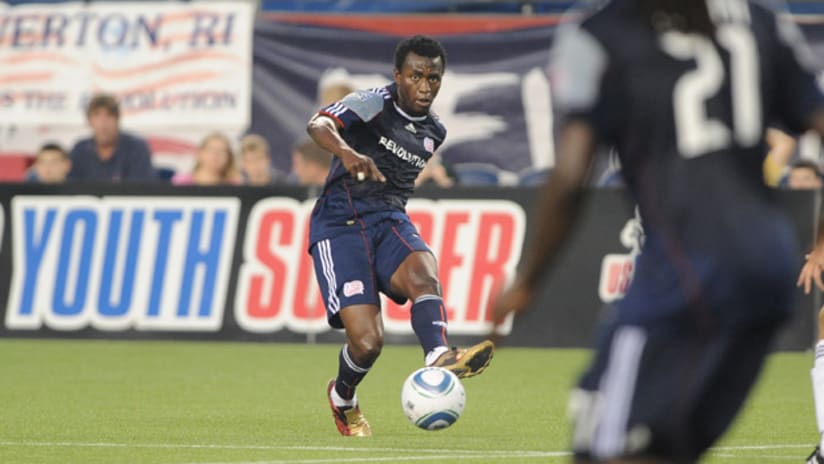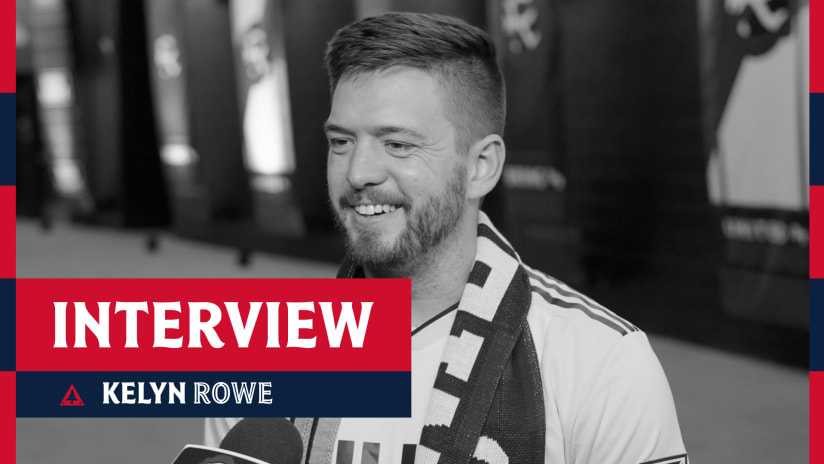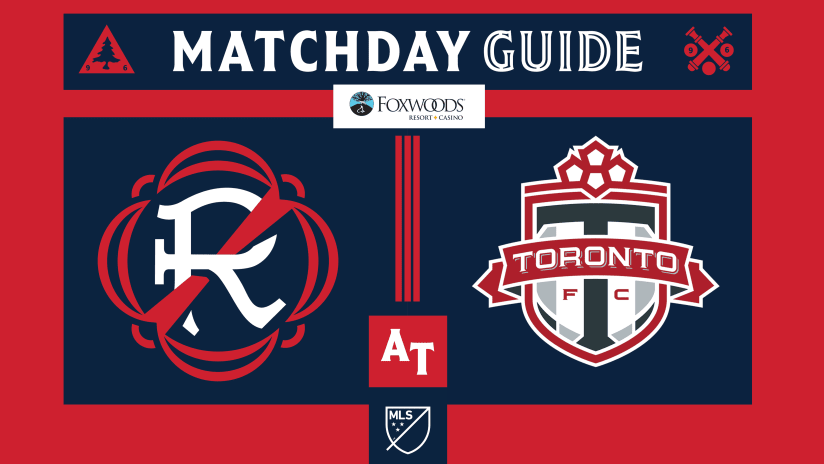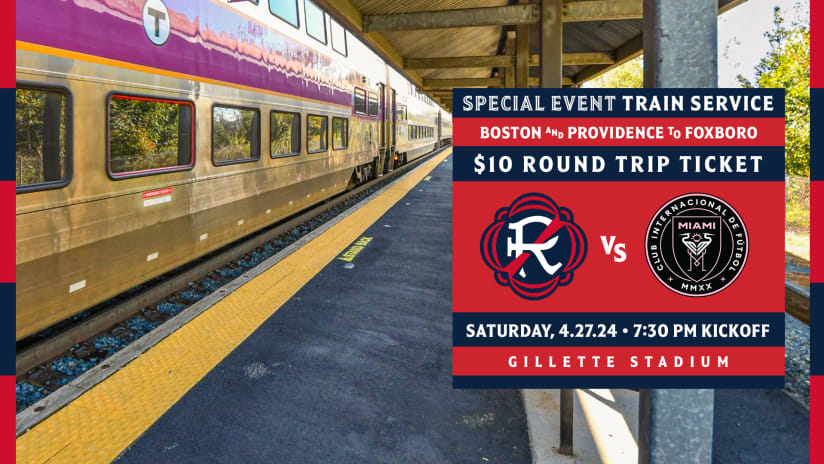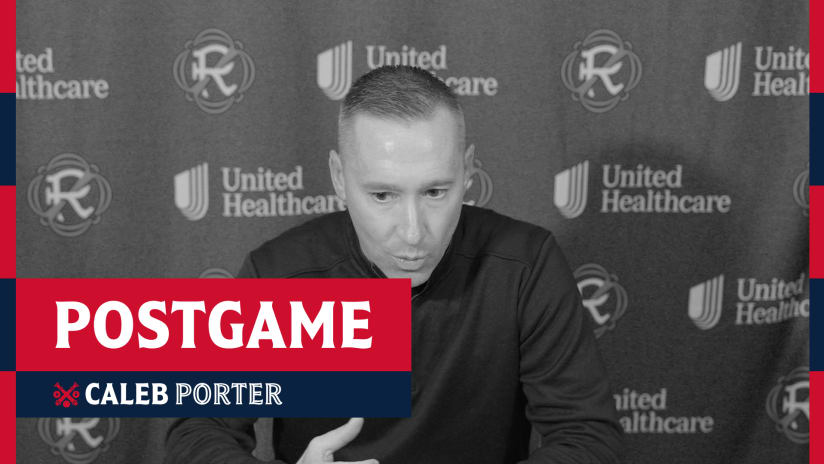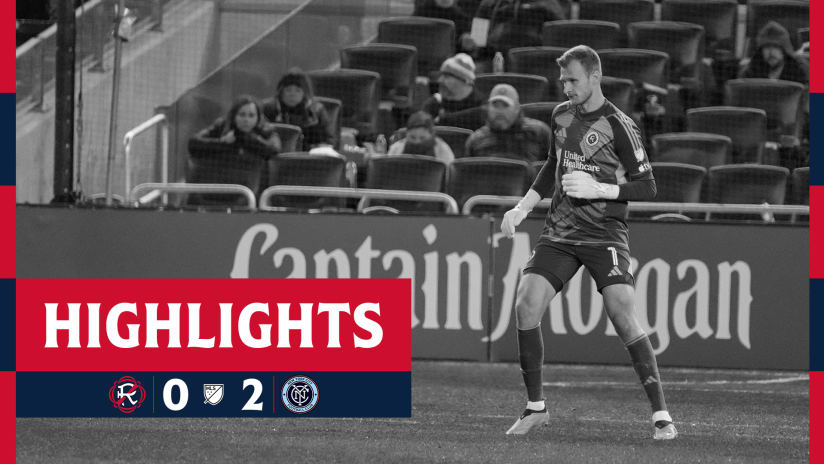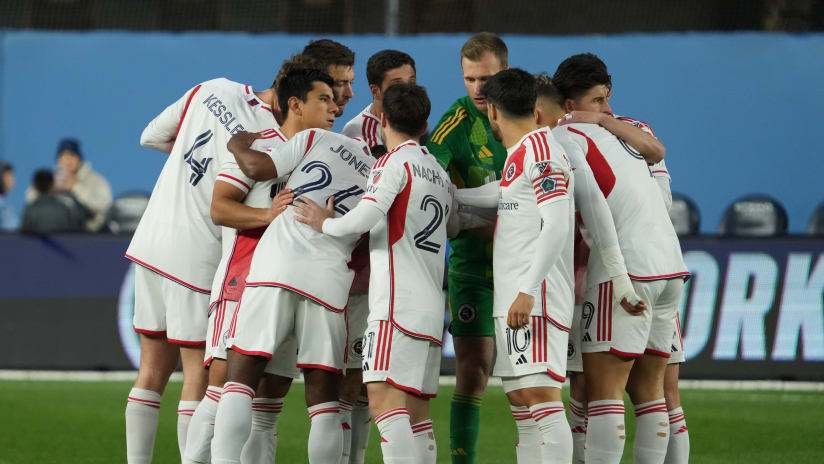FOXBOROUGH, Mass. – Kenny Mansally has been playing for the New England Revolution since late 2007 and during his four full seasons with the team, he, along with teammate Sainey Nyassi, has celebrated the Islamic month of Ramadan. In addition to the rigorous training and game schedule that is customary in an MLS season, Mansally’s physical health is strained even more during this religious time that entails fasting during daylight hours.
In 2011, Ramadan lasted almost the entire month of August (August 1-29), during which New England endures some of its hottest temperatures and longest days of the year.
Because of the nature of professional sports, maintaining fitness and health is crucial. Many athletes struggle during this period of fasting and find themselves torn between their religion and their profession. However, Mansally has found a routine that works for him and the team: he wakes up before sunrise to eat breakfast and pray.
“You can’t (completely) starve yourself,” said Mansally, “because in training you have to give all out so you can be in the starting lineup.”
Mansally, who has actively participated in the tradition of fasting since the age of 16, seemed adamant about doing everything in his will to avoid jeopardizing his chances of making the starting XI. Interestingly, during the span of games played during Ramadan, Mansally appeared in all four matches, and started two – against Houston (Aug. 17) and New York (Aug. 20).
Even with a meal in the morning, his body begins to feel the repercussions of fasting after training.
“It’s hard because in the morning time you run a lot, and then you need to wait all the way to 8 (p.m. to eat again),” explained Mansally. “I drink a lot of water because I lose it (while playing), but it’s really hard just drinking water with no food, no nothing.”
After the two-hour training sessions in the summer heat, Mansally has self-discipline to skip the team’s post-practice meal, instead returning home to rest.
“Right after training, I run and take a cold shower, then go home, pray and get some sleep,” he said.
Mansally, along with many other devout Muslim athletes, demonstrates patience and humility by choosing to fast, but on August 11, 2010, a new fatwa, or Islamic religious ruling, exempted Muslim athletes from the strict fasting tradition during the month of Ramadan and loosened the restrictions for the sake of their health.
The new fatwa has influenced many players to continue their normal routines and nourish themselves to prevent injury or fatigue. However, Mansally personally believes in paying his respects and fasting as most other Muslims do.
“We all believe in the same thing, but some people give in and start eating,” Mansally said. “For me, I just keep going. The time I don’t fast is just when I’m traveling or I’m sick.”
Mansally is thankful for the Revolution technical staff and players for respecting his religious practices.
“(Our teammates) support us,” said Mansally, referring to himself and Nyassi. “They ask, ‘How can you not eat from sunrise to sunset? I can’t do that.’ (Sainey and I) can because we believe in it.
“When we are traveling, the team also allows us some time to pray,” Mansally continued. “They don’t disturb us. (Revolution head coach) Stevie (Nicol) told me, ‘It’s your religion. If you believe in something, go ahead’.”
Mansally takes it upon himself to abide by his team’s rules and his religious traditions, and the sacrifices that he makes for both are proof of the self discipline that Ramadan has taught him.

